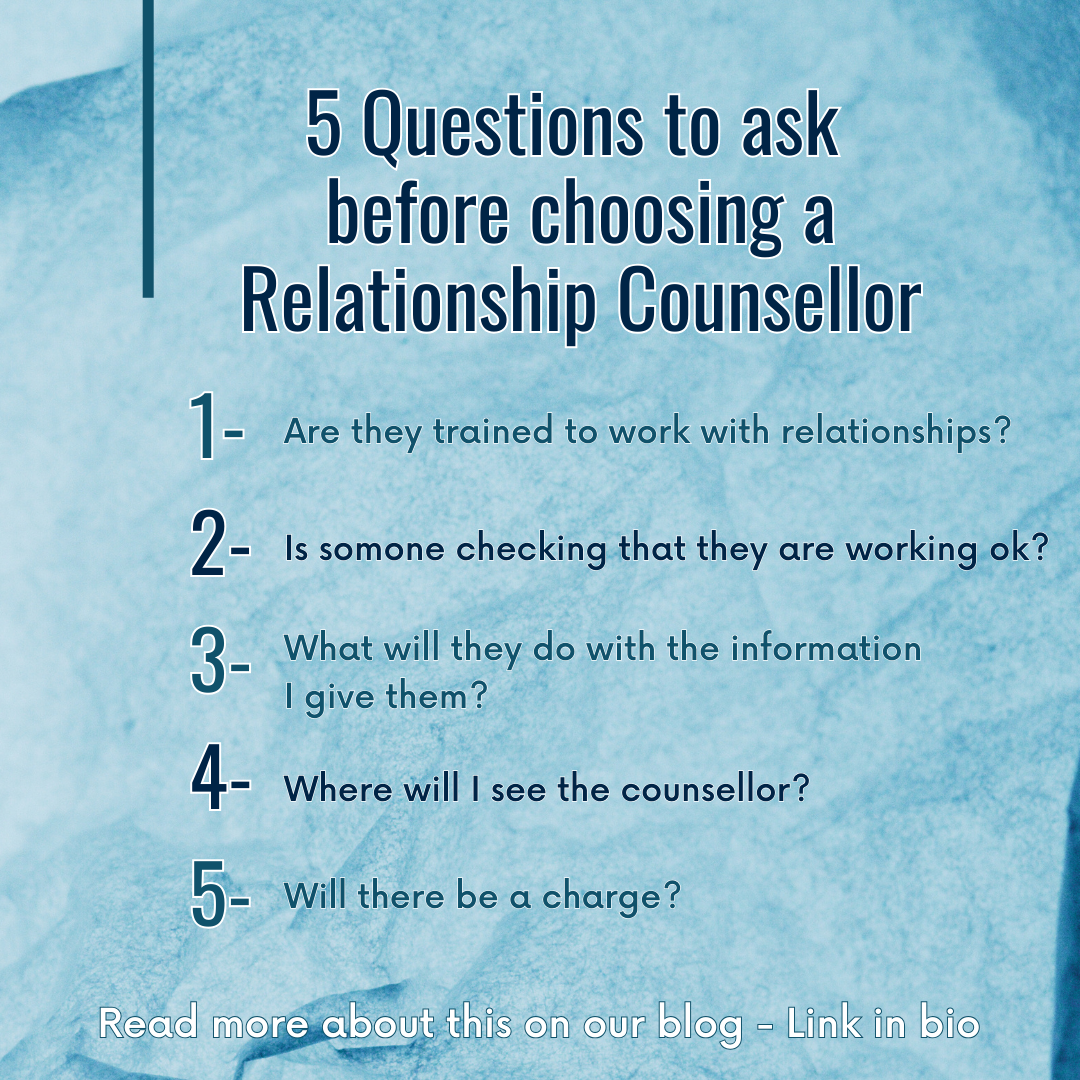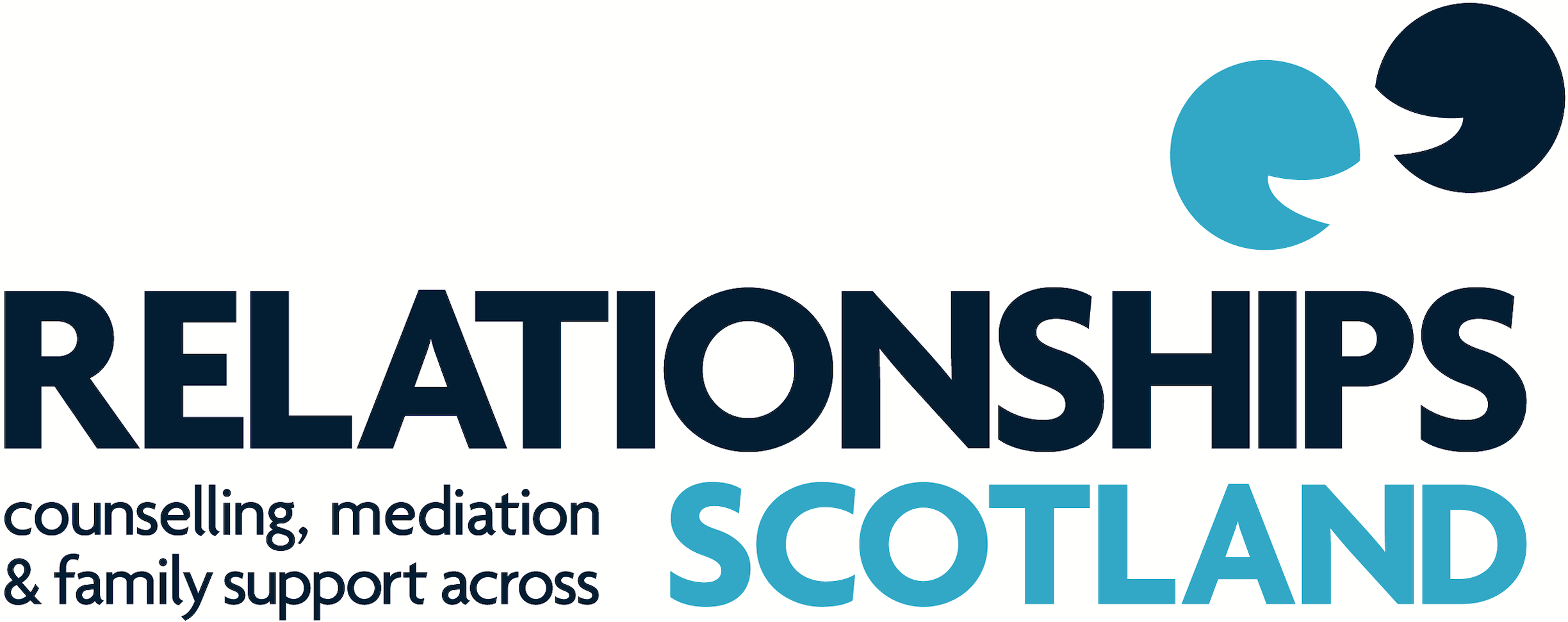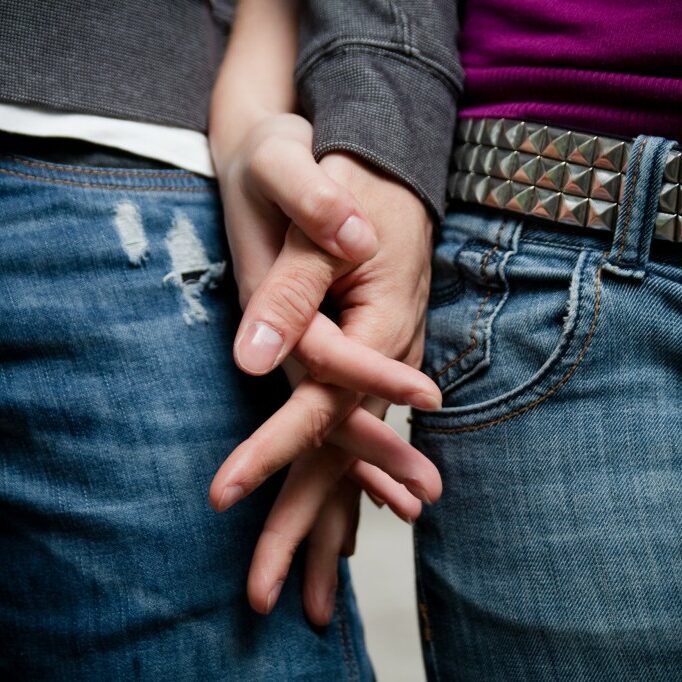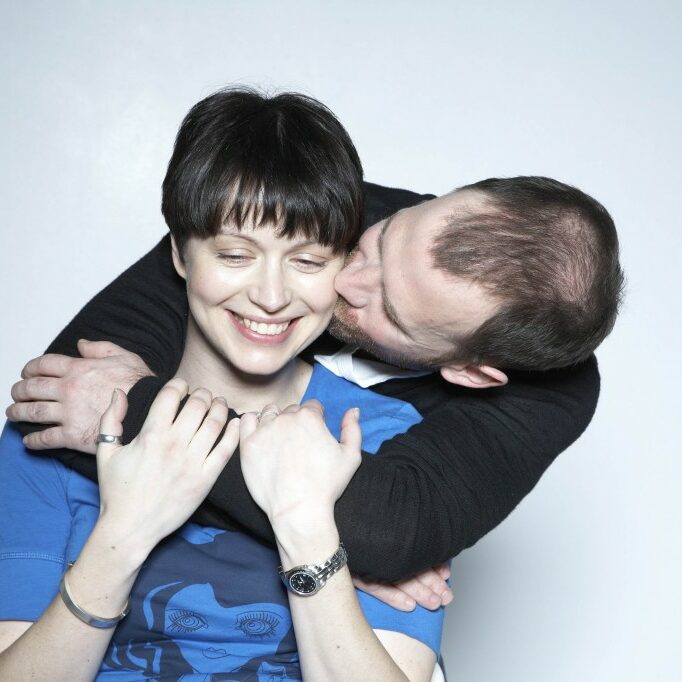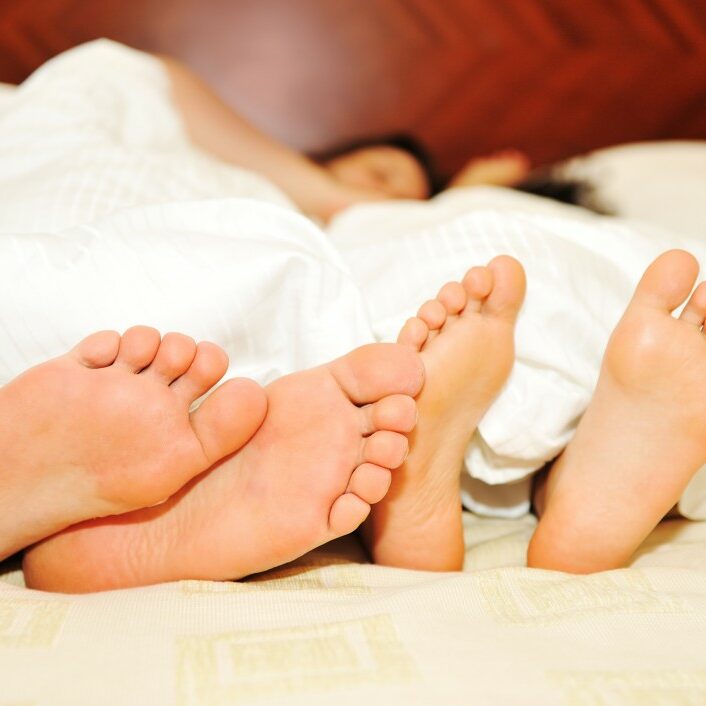What happens at counselling
If you decide that relationship counselling can help you, the first step is to get in touch with your nearest service or call 0345 119 2020. Not all services are open all the time so if you call and get an answer phone, please leave your name and a number where you can be contacted and they will call you back.
You will be asked some questions when you first contact a service to ensure we give you the best possible support. Our services may work in slightly different ways depending on their size, location and number of counsellors. However, once you make contact the service will explain how they work, when they have appointments available and how long it will take to arrange an appointment. Although we would like to be able to offer appointments when people first contact us, there may be a short waiting list.
Please let us know if domestic violence or abuse is an issue so that we can offer you an appointment on your own to start with.
Your first appointment
Each service operates its own system for first appointments. In some services you will be offered what is called an intake appointment where you will meet with a trained intake worker. They are not always counsellors, but they are in some services. The intake worker will ask you for details about your relationship and current situation. The information you give will be passed on to the counsellor assigned to you.
Some services do not have an intake system so you will be assigned to a counsellor for your first appointment. At the first session the counsellor will then ask for some basic information about you and your situation.
The first few sessions will be about assessing your situation with you to see what the difficulties are and looking at what needs to change. This is also the time when you can see if counselling is the right choice for you.
Usually couples are seen together, but sometimes a counsellor will ask to meet each person individually to fully assess their situation. This might occur if you disclose issues, such as domestic conflict or abuse, where we would need to assess whether relationship counselling is the best option.
Couple counselling is not right for every relationship. In some instances, it can make difficult situations worse. Your counsellor will discuss this with you and advise of other services that may be appropriate for you.
How long does counselling take?
Counselling sessions usually last about 50 minutes. They are with the same counsellor and usually at the same time each week.
It is difficult to say how many sessions you may need. Most counsellors will offer to see you four to six times initially and then review with you. At this point, you may feel your relationship is in a different place and that you have done all you need to do for now. If this is the case, you can always come back at a later date. Or if you feel you need more time, your counsellor will explore with you how many more sessions would be helpful. Counselling isn’t a quick fix. It could take several months or more to work through your difficulties; it depends on what your situation is and what needs to change.
What does relationship counselling cost?
When you contact the Member Service in your area you will be advised whether they ask for a suggested donation or if they have a set charge. You may be asked to make a contribution towards the cost if you cannot afford the full amount. Please speak to your nearest Member Service for more information.
Each Member Service is funded differently, which is why each centre has its own scale of costs. Some centres receive funding from their local authority or health board, but others don't, which explains the different scales of suggested donations. It is likely that the cost will be somewhere in the range of £35 to £50 per session. You will be asked to make a donation towards that cost if you cannot afford the full amount. No one is ever refused services if they cannot afford to make a donation.
Who are the counsellors?
Most of our counsellors have been trained by Relationships Scotland and have, or are working towards, a diploma in couple counselling, which is a three-year course.
Some of our counsellors are on the current training course. If they are students, they will have already completed a large part of the academic requirement of the course and will have been assessed as competent to see couples.
We also have a small number of counsellors on placement from university approved diploma courses who want to work with couples.
Whoever your counsellor is, they will have been assessed as experienced and competent to work with us. Counsellors are all expected to abide by the codes of practice of Relationships Scotland and their own professional organisation. They will work ethically and professionally at all times.
What about confidentiality?
Anyone who uses our services can expect that we will keep their private information confidential. We will not give anyone any information about you, including your contact details, without your permission. If you have been referred to us by another professional, such as a GP or social worker, we will let them know that we have seen you, but not what we have discussed.
However, we cannot guarantee full confidentiality. There may be times when we have to disclose information, for example:
- if we have reason to believe that you, a child or anyone else is at risk of harm or abuse
- if we have to for legal reasons - if the courts instruct us to
- if you ask us to or give us permission to
- if we have a duty to the public - if you tell us of a major criminal act
